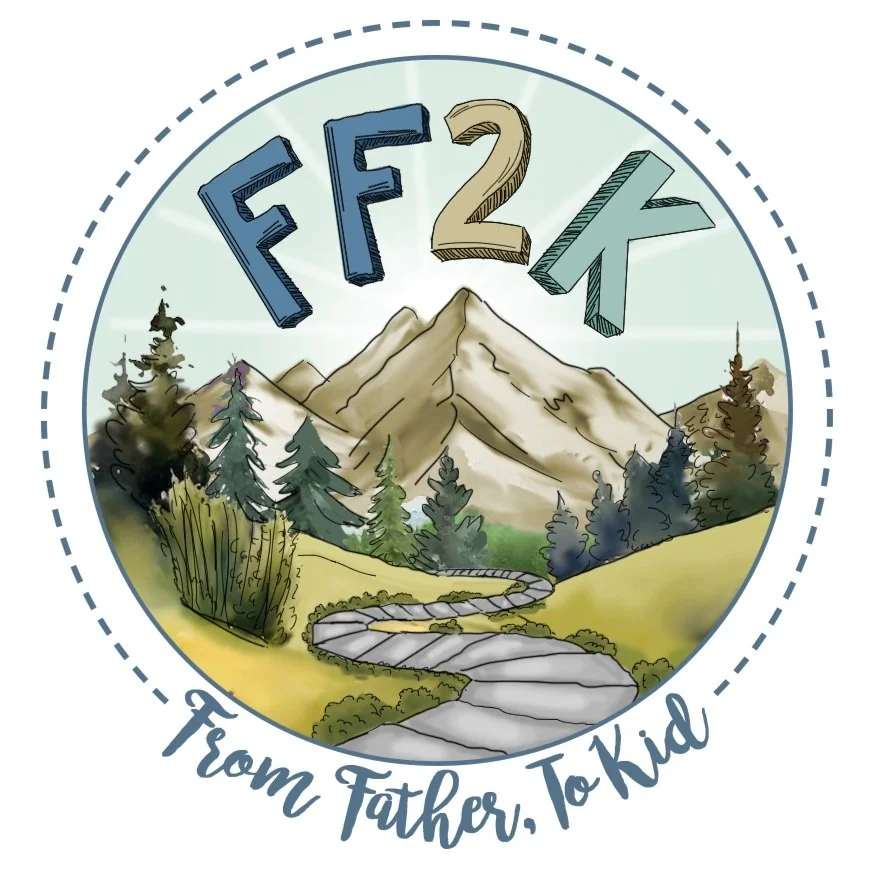Interpreting feedback
"Your time is limited, so don’t waste it living someone else’s life."
Steve JobsWhen I was in third grade, I had a teacher, Ms. Hendershot, who was challenging. She motivated her students through the fear of public humiliation, spoke to me condescendingly, and had a clear idea of what an ideal student should be—one I didn’t fit into. At the time, I couldn’t diagnose all of this. I just knew she didn’t like me, and I didn’t like her either.
My mom loves to tell a story about a parent-teacher meeting she had with Ms. Hendershot. Ms. Hendershot told her that I didn’t pay enough attention in class, but admitted that every time she called on me, I knew the answer. After listing ways I could improve, my mom asked her a simple question: “Has he ever told you a joke?”
Puzzled, Ms. Hendershot said no.
“Well then,” my mom said, “You don’t know my son.”
That night, instead of telling me what Ms. Hendershot said, my mom asked me why I didn’t let her get to know me. I responded, “She doesn’t need to know me. She needs to teach me.”
I’ve always had a bit of rebellion in me. But the real takeaway from this story is that my mom was my advocate. And as my advocate, she knew bad feedback when she heard it.
That’s something I’ve learned to appreciate as I’ve grown older. Throughout my career, I’ve received so much feedback. And what I’ve come to realize is that good feedback comes from people who actually know you—who understand what makes you tick and what drives your success.
Sometimes, feedback resonates with the person giving it more than the person receiving it. It might be what worked for them, or what they wish they’d heard. Or it might be feedback that’s meant to push you into a mold you’ll never fit.
For me, one example was when I was told to become a more charismatic, commanding presenter. But that’s not me. It’s not what I’m good at, and even if I worked hard at it, I’d never excel. It wasn’t until a friend gave me feedback that really clicked: lean into your strengths—present like a storyteller, gathering people around the proverbial campfire.
So I did. And it worked.
Find your advocates and listen to them. Or listen to your best advocate—yourself. But don’t listen to your version of Ms. Hendershot.
As you go through life, people will give you feedback. I hope you listen to it all but only act on what truly resonates with who you are. Don’t try to be a lesser version of someone else. Be the best version of yourself. It will take you further than trying to become someone else’s idea of success.
